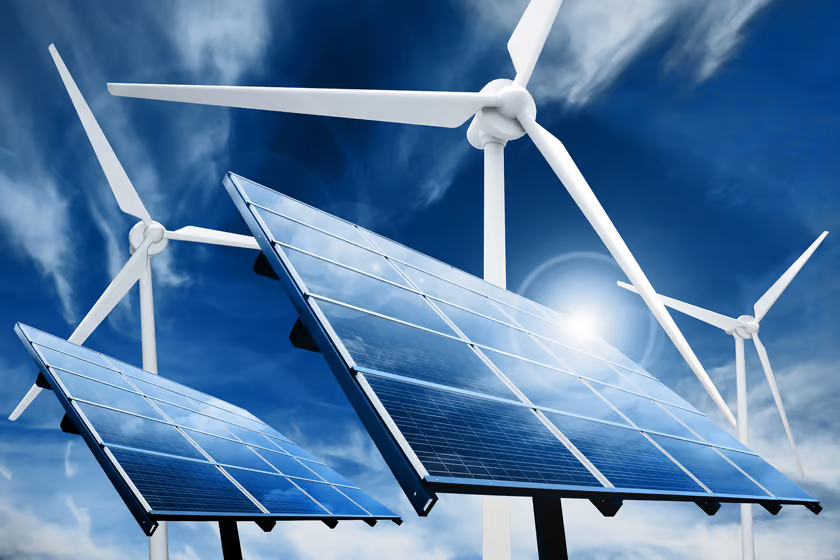In Short : The statement implies concern that the Net Zero Industry Act may have adverse consequences for Europe’s wind industry. It suggests that the legislation, rather than advancing the industry, could potentially pose challenges or setbacks. This highlights the complexities and potential controversies surrounding policies aimed at achieving net-zero emissions, especially in sectors like wind energy.
In Detail : Wind is 19% of the electricity consumed in Europe. Nearly all of Europe’s wind turbines are made in Europe. Europe’s wind energy supply chain is big – over 250 factories spread across nearly every EU Member State. 300,000 people work in wind in Europe today.
Europe’s wind supply chain has been struggling. Costs went up in the last 2 years, but revenues didn’t rise as much. And there’s intense competition now from Chinese turbine manufacturers. The EU responded extremely well last year with the Wind Power Package of 15 immediate measures to strengthen Europe’s wind industry. 26 Member States then endorsed these actions by signing a European Wind Charter.
These actions include the tightening of pre-qualification criteria to raise the bar on what sort of wind turbines can be built in Europe – commitments on cybersecurity and data residency and responsible business conduct.
The EU is now about to agree a Net Zero Industry Act (NZIA). This aims to strengthen all of Europe’s clean energy supply chains. It’s a good thing. But some of the detail is going in the wrong direction. Specifically, there is a suggestion that the new pre-qualification criteria should only apply to 20% of projects to begin with. This goes against the Wind Power Package which says they should apply to all projects. For wind, it sends it a signal that we only want high European standards for 20% of projects – the other 80% can go to non-European manufacturers.
Sure, other clean energy industries are in a different position. Some of them rely on non-European imports for the time being. Higher standards now for all projects might hurt them. But for wind they’re essential if Europe wants to preserve and strengthen its existing supply chain. The solution is simple – NZIA must take a technology-specific approach to the pre-qualification criteria. Otherwise we simply lose the prized assets we have today, our wind supply chain, and we fail to nurture the growth of the other new clean tech industries Europe wants.
To sum up, the European Parliament and EU Member States need to ensure, as they finalise NZIA, that:
pre-qualification criteria can apply immediately;
and that Governments take a technology-specific approach to pre-qualification criteria.
Otherwise the EU goes backwards on the support it committed to last year in the Wind Power Package and Wind Charter – and risks losing its largest existing clean energy industry.

